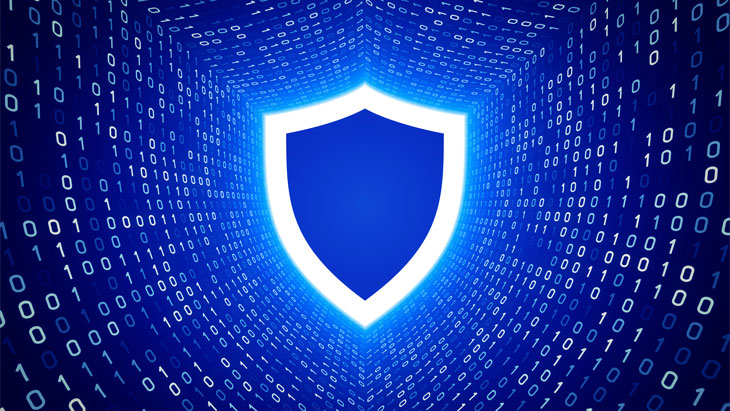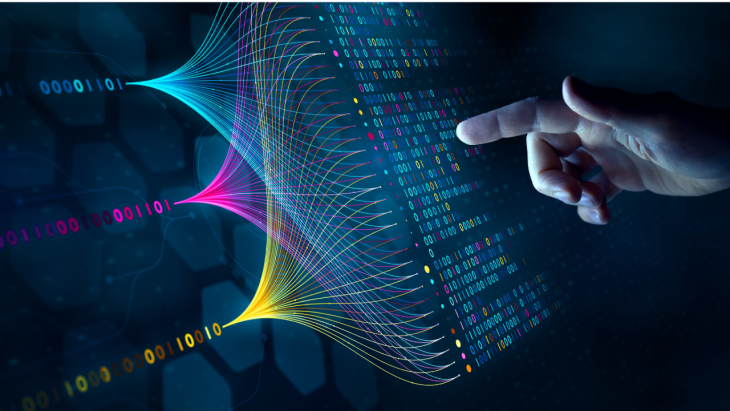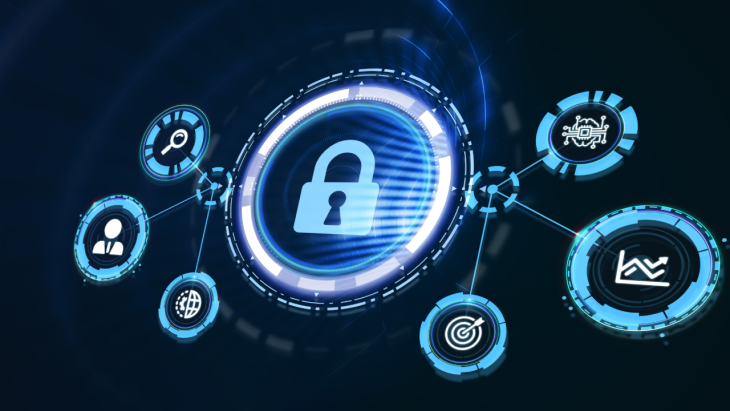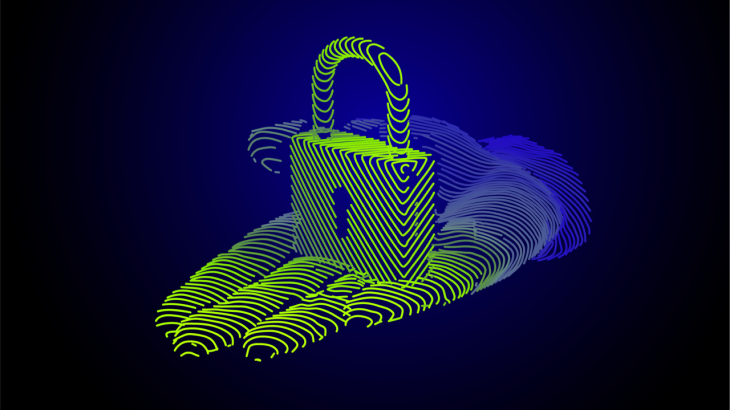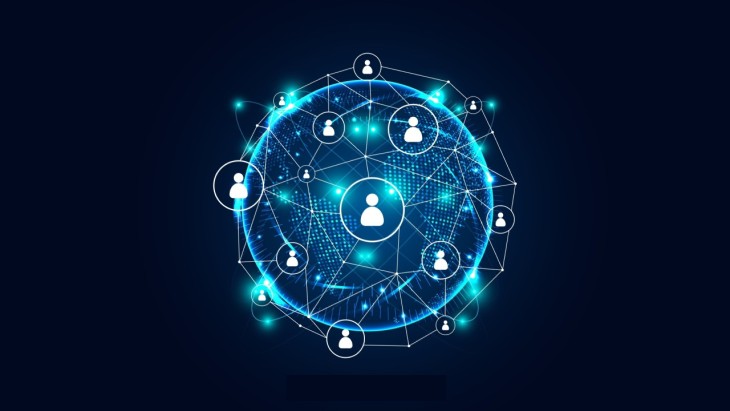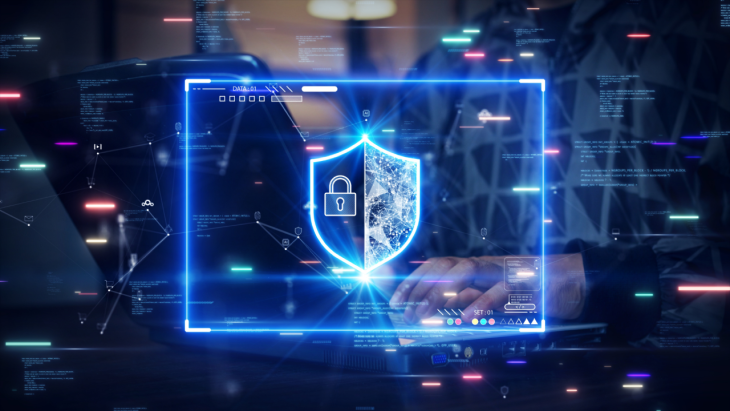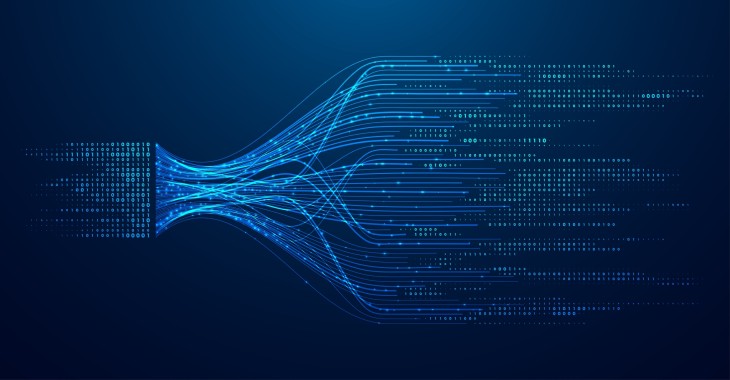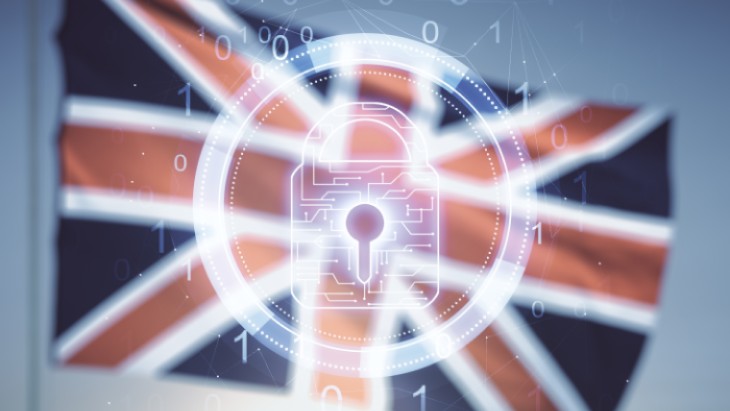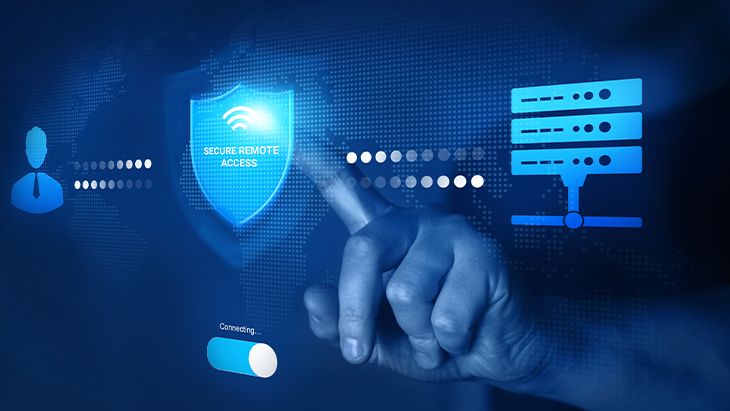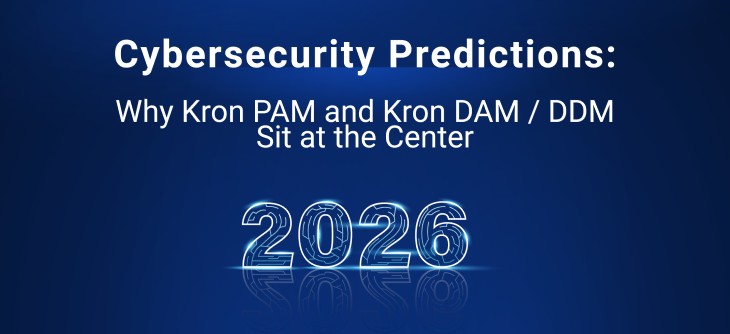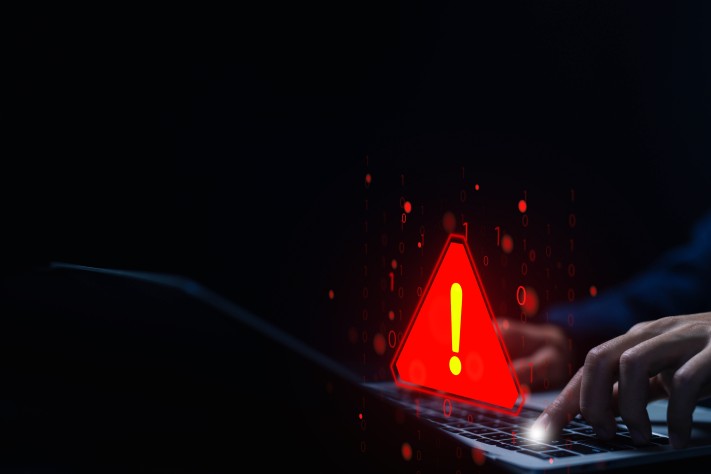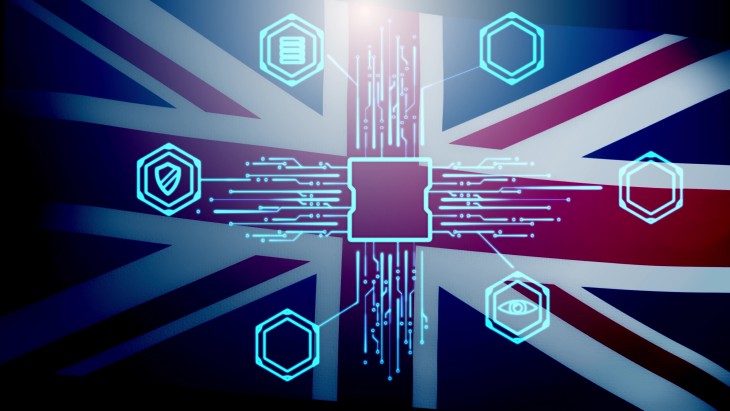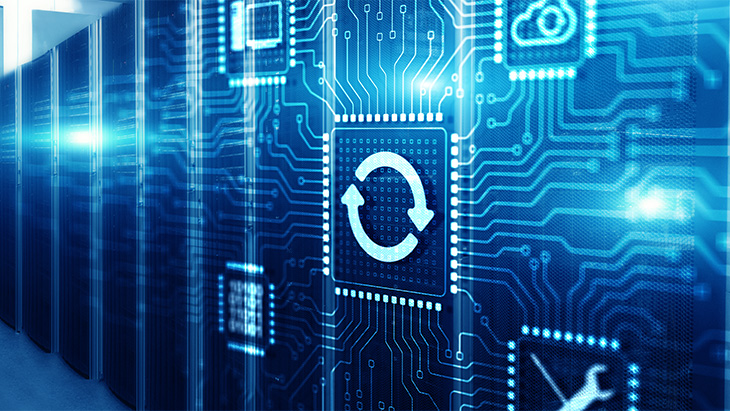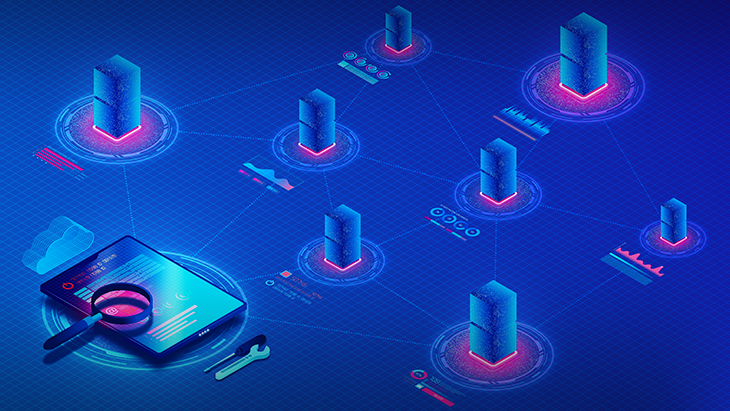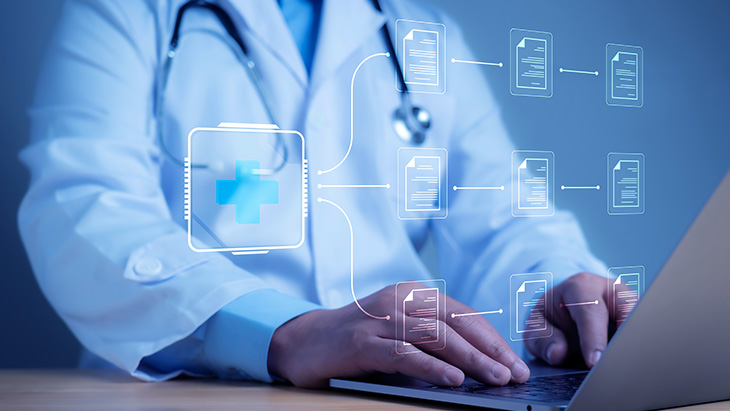
Enhancing Healthcare Security with Kron PAM: Protecting Patient Data and Ensuring Compliance
Oct 21, 2024
/
Kron
The healthcare industry is under constant threat from cybercriminals who target electronic Protected Health Information (ePHI) and other digital records. With valuable data on the line and strict regulations such as HIPAA and ISO27001, healthcare organizations need advanced cybersecurity solutions to protect sensitive information and ensure compliance.
Kron PAM offers a solution by managing, securing, and monitoring privileged access to critical healthcare systems, especially in settings like hospitals, pharmaceutical manufacturing, and chemical manufacturing. Let’s explore the unique challenges healthcare faces in cybersecurity and how Kron PAM addresses them with real-world use cases.
Understanding the Cybersecurity Challenges in Healthcare
The healthcare sector handles sensitive data, valuable intellectual property, and proprietary processes, making it a significant target for cybercriminals. The rapid digital transformation, increased adoption of telehealth, and rise in remote work have expanded the attack surface, adding to the complexity of maintaining robust cybersecurity.
Key Challenges:
- Protecting Electronic Health Records (EHRs): Digital patient records are valuable to cybercriminals for identity theft and ransomware. Any breach can have severe legal, financial, and reputational consequences.
- Regulatory Compliance Requirements: Laws like HIPAA mandate strict measures to protect patient information, requiring robust access control mechanisms.
- Managing Privileged Accounts: Weak, reused, or shared passwords pose a significant risk, as compromised credentials can provide access to critical systems.
- Expanding Attack Surfaces: With the shift to telehealth and remote work, new potential entry points for attackers are introduced.
- Limited IT Resources and Budgets: Many healthcare organizations face challenges in maintaining comprehensive security measures due to constraints on budget and IT resources.
To address these challenges, Kron PAM implements Zero Trust security principles, the least privilege model, and multi-factor authentication to protect healthcare organizations from evolving cyber threats.
Securing Access to Electronic Health Records (EHR)
EHR systems are essential for modern healthcare but are also prime targets for cyberattacks. Kron PAM protects these systems by implementing Role-Based Access Controls (RBAC) to limit access based on user roles, ensuring staff only see the data they need. Multi-Factor Authentication (MFA) adds an extra layer of security, while real-time session monitoring tracks user activity, quickly detecting suspicious behavior and providing a compliance audit trail. This approach reduces data breach risks and ensures HIPAA compliance.
Protecting Pharmaceutical Manufacturing Processes
Pharmaceutical companies must secure intellectual property and production processes. Kron PAM enforces the Principle of Least Privilege, limiting access to what users and applications need, minimizing misuse risks. Automated password rotation prevents vulnerabilities from static passwords, while policy-based access controls regulate how privileged accounts are used. These measures protect proprietary information, reduce insider threats, and ensure regulatory compliance.
Securing Telehealth and Remote Work Environments
The rise of telehealth and remote work has expanded healthcare's attack surface. Kron PAM's Zero Trust Security Architecture verifies every access request, continuously authenticating users and devices. Secure remote access solutions protect critical systems from open internet exposure, while AI Powered Adaptive MFA and User Behavior Analytics adjust security requirements based on risk levels, ensuring legitimate access and safeguarding patient data.
Mitigating Cyber Risks in Chemical Manufacturing for Healthcare
Chemical manufacturers in the healthcare supply chain face specific cyber risks. Kron PAM enhances security by storing credentials in a secure vault, continuously monitoring for unusual behavior, and offering Just-In-Time (JIT) Privileged Access to limit exposure. These measures protect production environments and ensure adherence to industry standards.
Kron PAM: A Comprehensive Approach to Healthcare Cybersecurity
Kron PAM provides a range of features that enable healthcare organizations to strengthen their cybersecurity posture:
- Centralized Credential Management
Manages and rotates passwords automatically, reducing the risk associated with weak or reused passwords. - Policy-Based Controls and Automation
Automates workflows for provisioning, approval, and de-provisioning of privileged accounts, streamlining security management. - Real-Time Monitoring and Auditing
Monitors privileged sessions in real time, providing visibility into potential threats and maintaining an audit trail for compliance. - Compliance and Reporting
Delivers detailed reports that help healthcare organizations demonstrate compliance with HIPAA, GDPR, and other regulations.
Conclusion: Why Kron PAM is Essential for Healthcare
For healthcare organizations, cybersecurity is not just about compliance – it's about protecting the trust and well-being of patients. By implementing Kron PAM, healthcare providers can safeguard their digital assets, ensure regulatory compliance, and support evolving industry needs, such as telehealth and remote work.
Kron PAM empowers healthcare organizations to enforce least privilege access, secure remote environments, and protect sensitive data with policy-based controls and Zero Trust principles. With robust monitoring, centralized credential management, and adaptive authentication, Kron PAM helps healthcare organizations build a resilient cybersecurity framework that addresses the industry's unique challenges.
Highlights
Other Blogs
